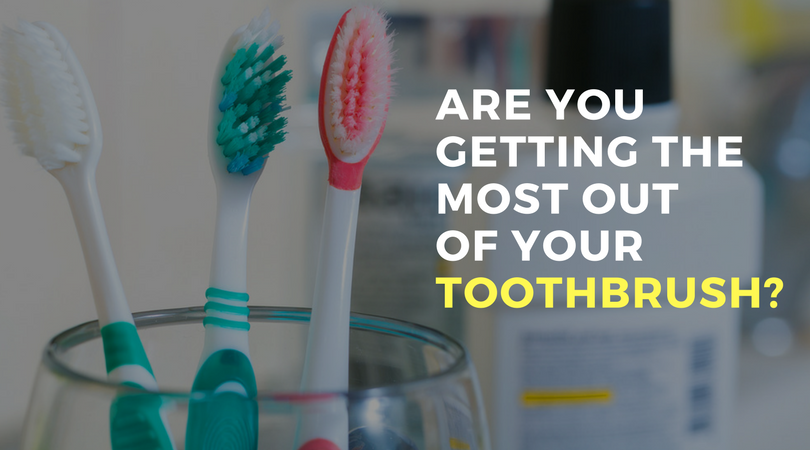What’s the deal with electric toothbrushes? No, it’s just us, not Jerry Seinfeld. But seriously, what’s the deal? Everyone raves about them. Are they really THAT much better than my good ol’ bristle toothbrush? Just seems like there’s some secret that I’m missing because $2 for a toothbrush seems a lot more reasonable than $50. After all, don’t they basically do the same thing?
Maybe the issue is that you really are interested in trying out an electric toothbrush but you just don’t want to take the time to research it or make an investment in one. That’s ok cause we’ve taken the liberty for you. Here are a few stats that will hopefully give you enough information to make an informed decision.
What Are The Health Benefits To Using An Electric Toothbrush
- Reduces plaque 21% more than a manual toothbrush (3 month use)
- Reduces gingivitis 11% more than a manual toothbrush (3 month use)
- Better for arthritis minimizing the motion of your hands
- Generally people have healthier gums
These stats give the electric toothbrush a bit of an edge over manual toothbrushes, respectively. In fact, in a survey of 16,000 people conducted by the American Dental Association, more than 80% said they improved the cleanliness of their mouth after switching from a manual toothbrush. Not surprising. This doesn’t necessarily mean you can’t get the same healthy results with a bristle brush. Really, it depends on how well you brush your teeth and if you follow good oral hygiene habits. So it is possible to use that Charlie Brown toothbrush the right way and get the same results as an electric toothbrush. Wahoo!

What Is An Electric Toothbrush?
To be clear, an electric toothbrush is NOT the same as a battery powered toothbrush. The difference is one uses simple batteries that vibrate the bristle of your toothbrush a little bit, and the other uses an actual plug-in charger with more power.
The rechargeable handle stays the same while you can swap out many different brush head shapes and sizes depending on your taste and needs. Kind of nice. Oh and they all vary in how they move. Some oscillate. Some rotate. Some simply vibrate. There are even some fancy versions that have settings for teeth whitening or massaging. Boom!
There are a lot of bells and whistles out there for sure, but the issue for most people boils down to the price.
What Is The Cost Of An Electric Toothbrush?
The average starter kit for an electric toothbrush usually comes in at $25, but the higher priced electric toothbrushes out there can be as high as $100 or more. Yikes! Before you get a headache thinking about that number, remember that electric toothbrushes typically last longer than a manual toothbrush.
A manual toothbrush should be replaced fully after 2-3 months, and an electric brush head typically is 3-4 months. The difference is people are harder on manual toothbrushes than electric ones, feeling they need to brush harder forcing them to be replaced sooner.
Brush heads for electric toothbrushes on the low end cost $11.99 for a 3-pack and on a high end $26.99. Overall, the cost can seem high in the beginning but for the long haul, this is an investment worth making given the statistics that prove an electric toothbrush can deliver better oral hygiene.
If you have any questions about brushing your teeth or curious about any types of toothbrushes, give us a call! We’d love to steer you in the right direction and answer any questions or concerns!
The post Boost Your Oral Hygiene With An Electric Toothbrush appeared first on ChiroPraise.


